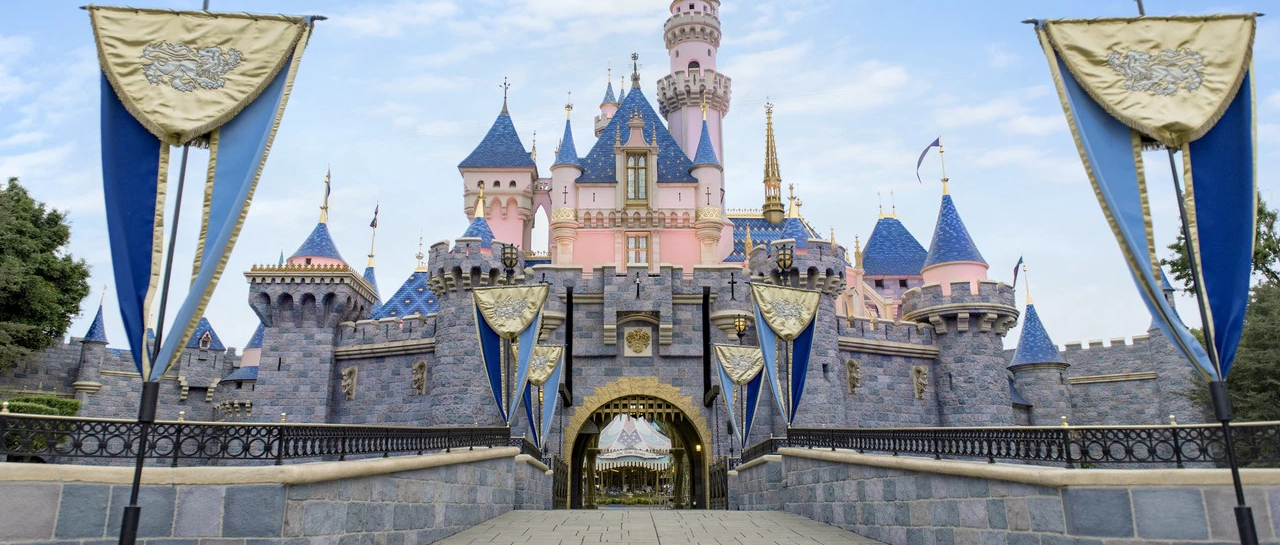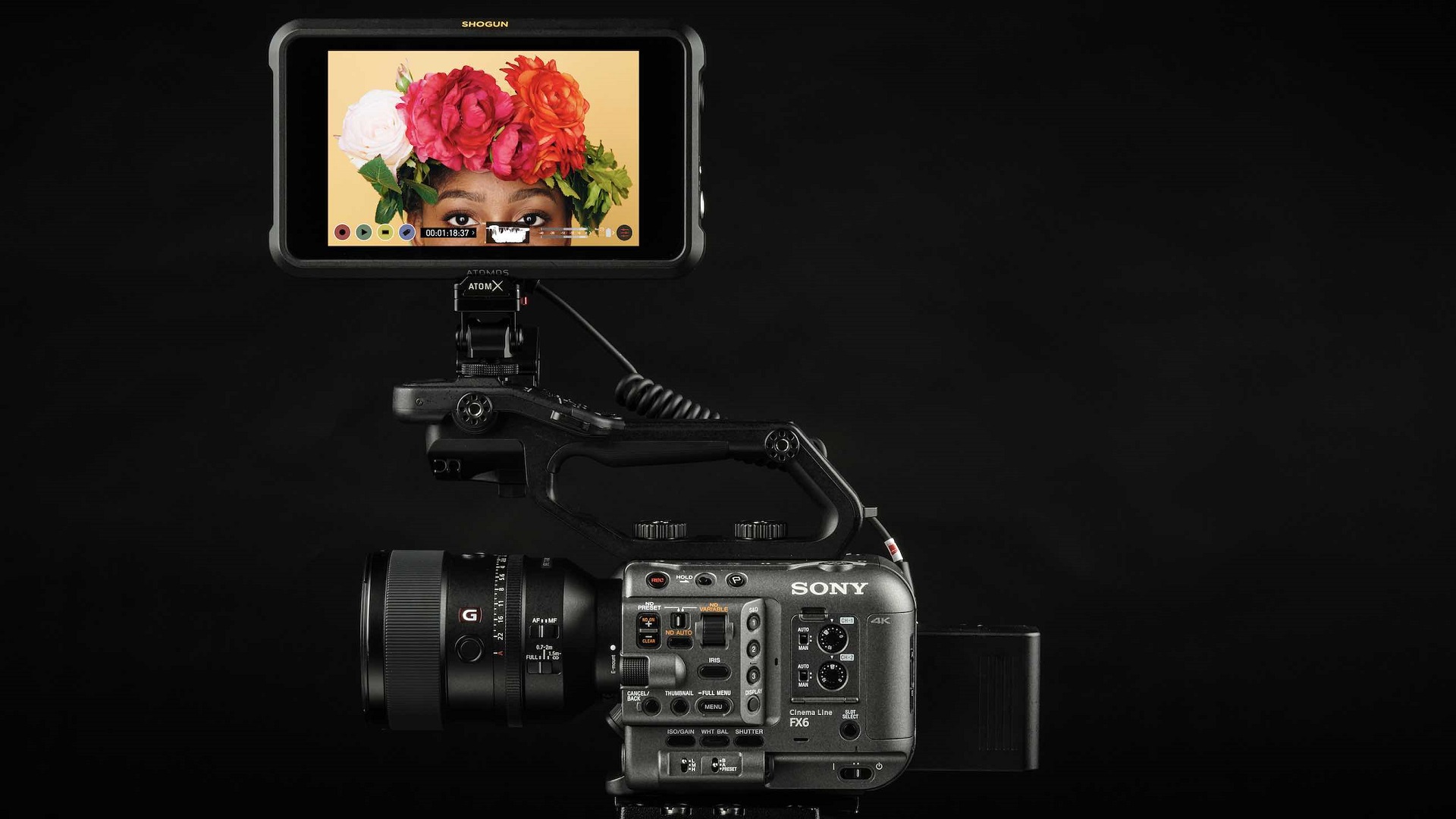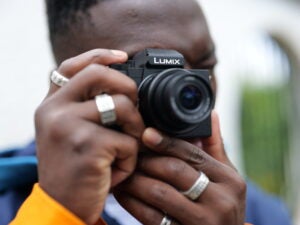Oregon’s largest city aims to be a trailblazer when it comes to facial recognition legislation .
On Wednesday, The Portland City Council passed what could be considered one of the strictest facial recognition bans in the United States. The legislation bans both city government agencies and private businesses from using the technology on the city’s grounds.
While bans on the public use of facial recognition have been previously passed by other cities, Portland is the first to bar private use of this technology. As stated by Portland City Council Commissioner Jo Ann Hardesty, quoted by OneZero: “I believe what we’re passing is model legislation that the rest of the country will be emulating as soon as we have completed our work here.”
The bill that was passed unanimously by the city’s legislative body comprises two ordinances. The first, which bans the public use of facial recognition technology, came into effect immediately after the bill was passed. The ordinance also gives all the city bureaus 90 days to complete an assessment on their use of facial recognition. Meanwhile the second ordinance is aimed at blocking use of the technology by “private entities in places of public accommodation” and will be effective starting January 1st 2021.
Specifically, places like hotels, restaurants, movie theaters, educational institutions, barbershops and others will be prohibited from using facial recognition technology. Venues violating the ban could be condemned to pay a fine of US$1,000 for each day of violation.
The ordinances also plot out some exceptions where facial recognition can be used. Examples include means of verification for unlocking smartphones, automated face detection used for tagging someone by social media apps, and for city bureaus and agencies to obscure and redact faces to protect privacy when images are released outside the city.
Although the topic of using facial recognition is a contentious issue, especially from the privacy versus security point of view, the number of cities banning the use of the surveillance technology has been slowly growing. San Francisco became the first US city to ban the technology, with other US cities following in its footsteps including Oakland, Cambridge, and Berkley. Preceding Portland, Boston was the most recent city to join the ranks and barring city officials from using the technology and procuring facial surveillance from third parties.












